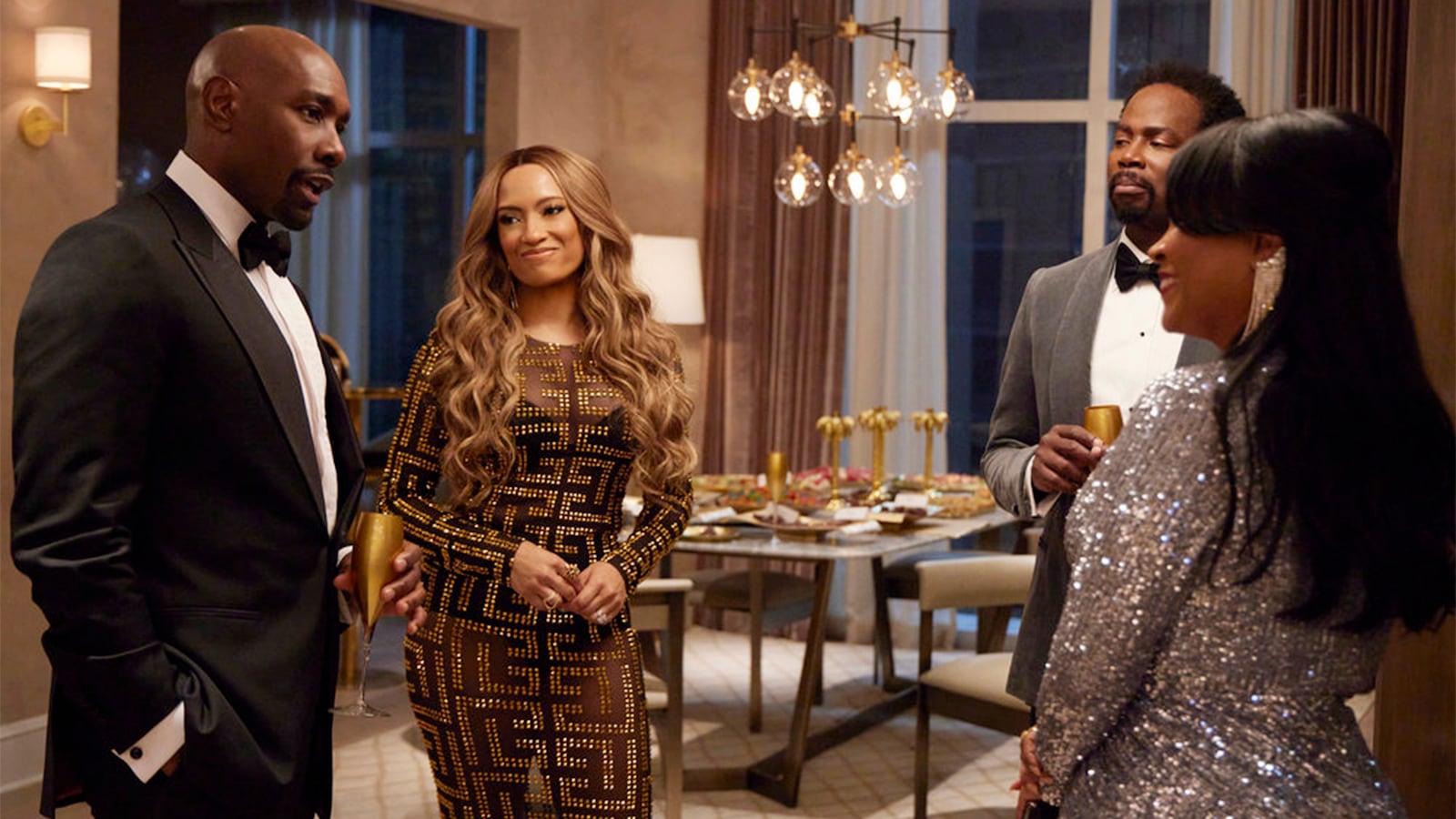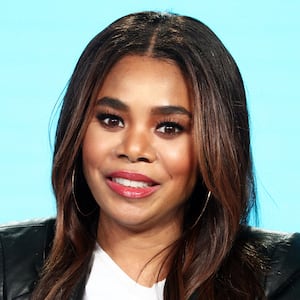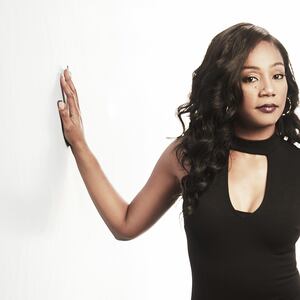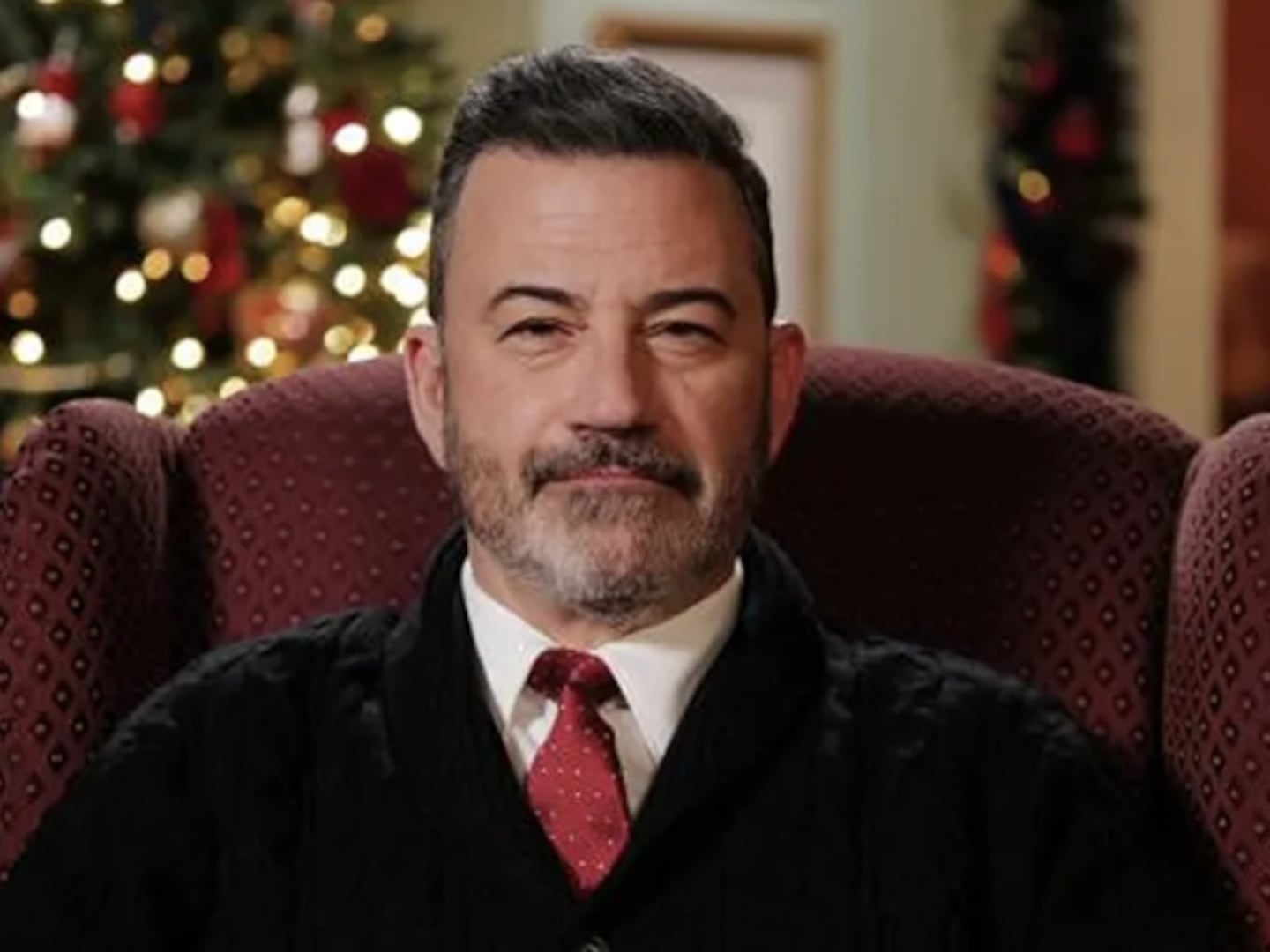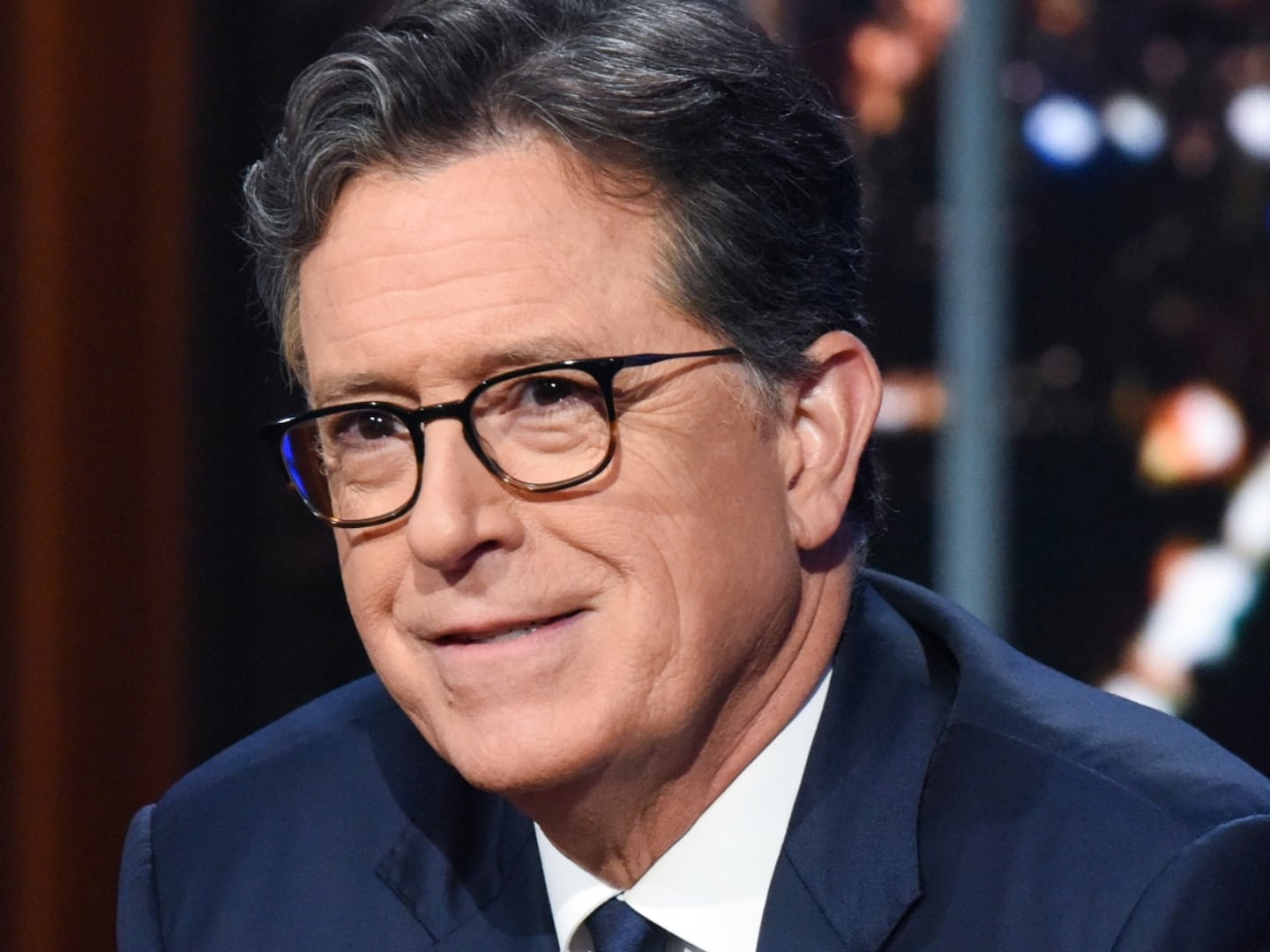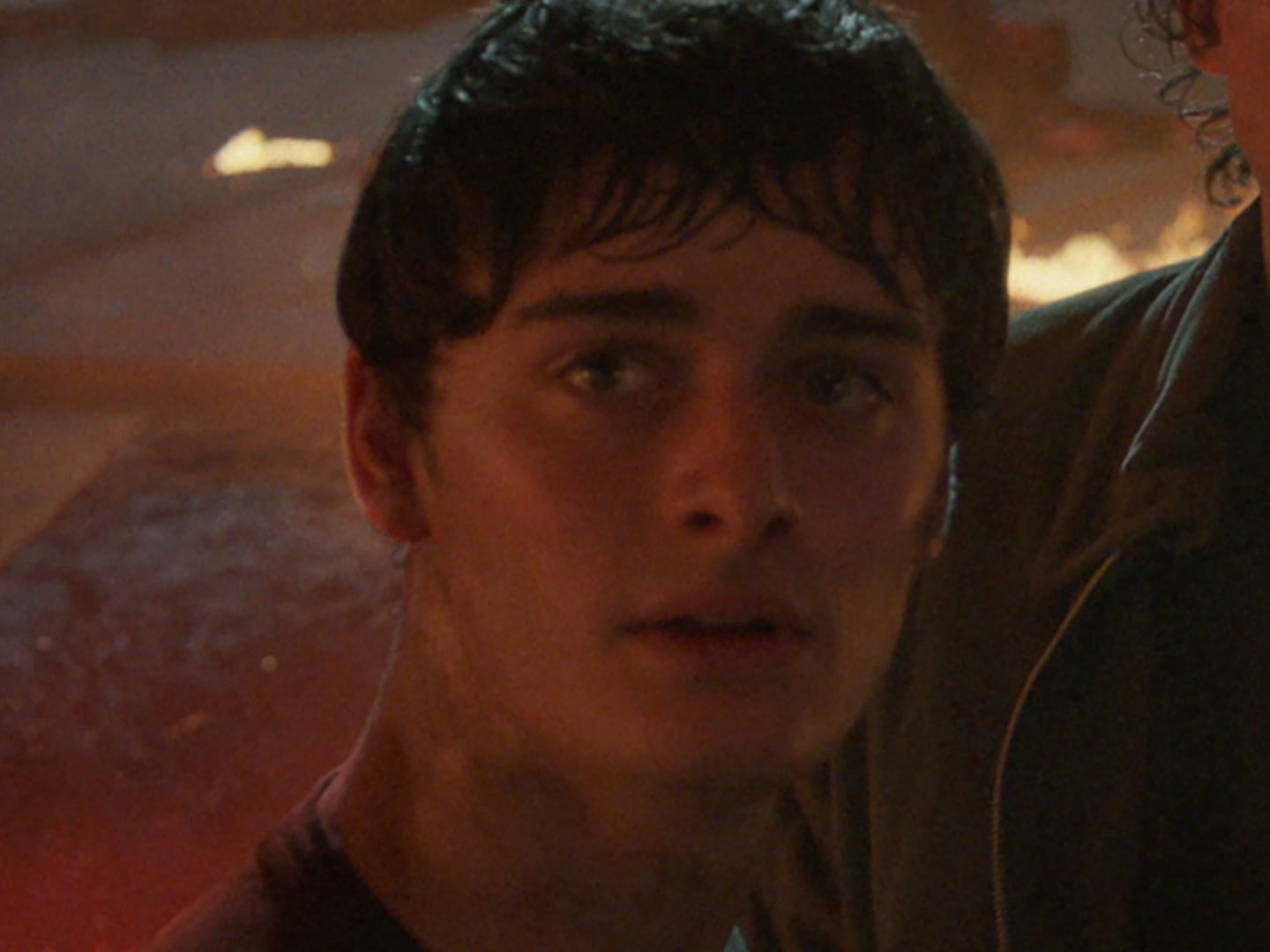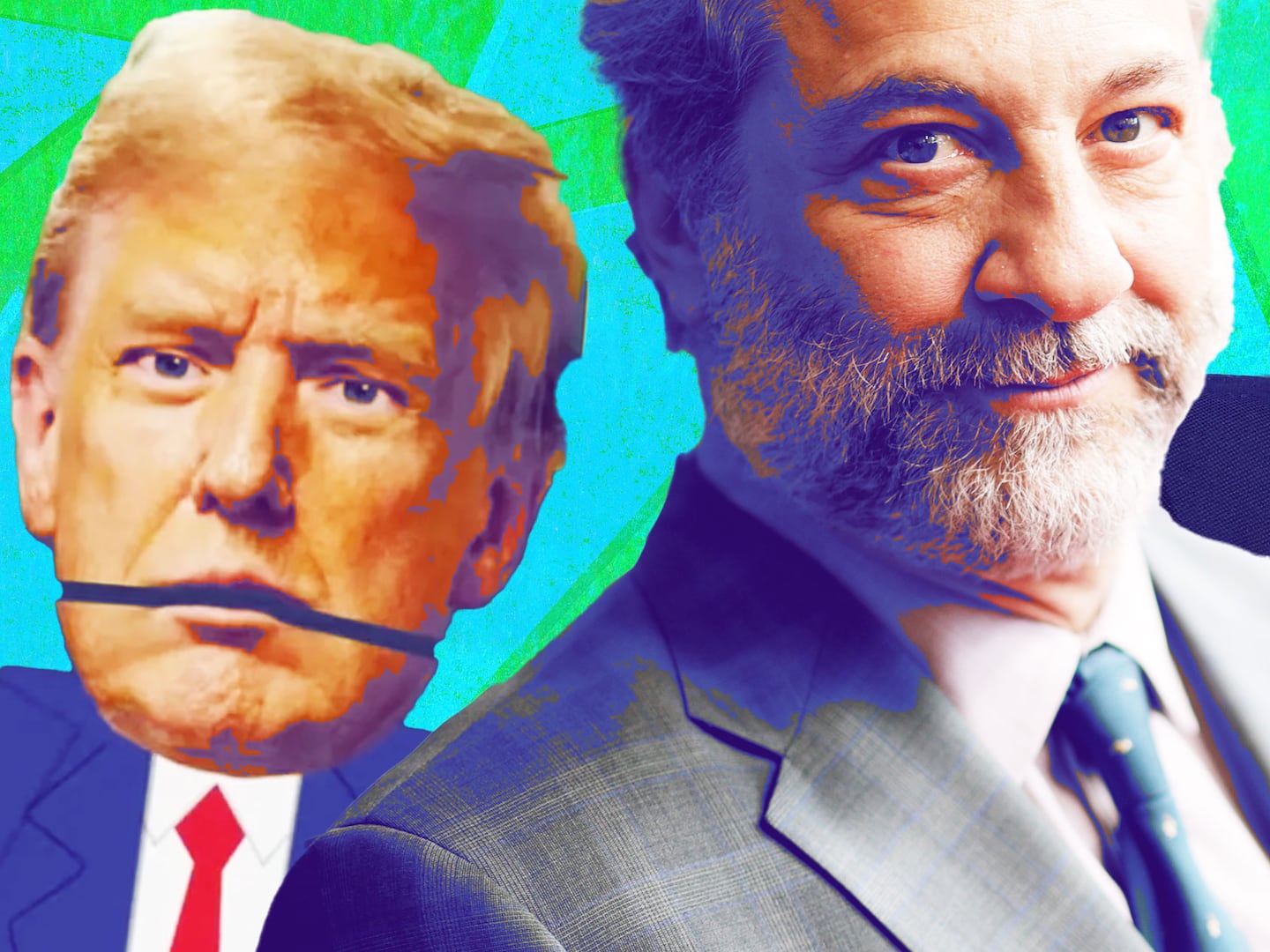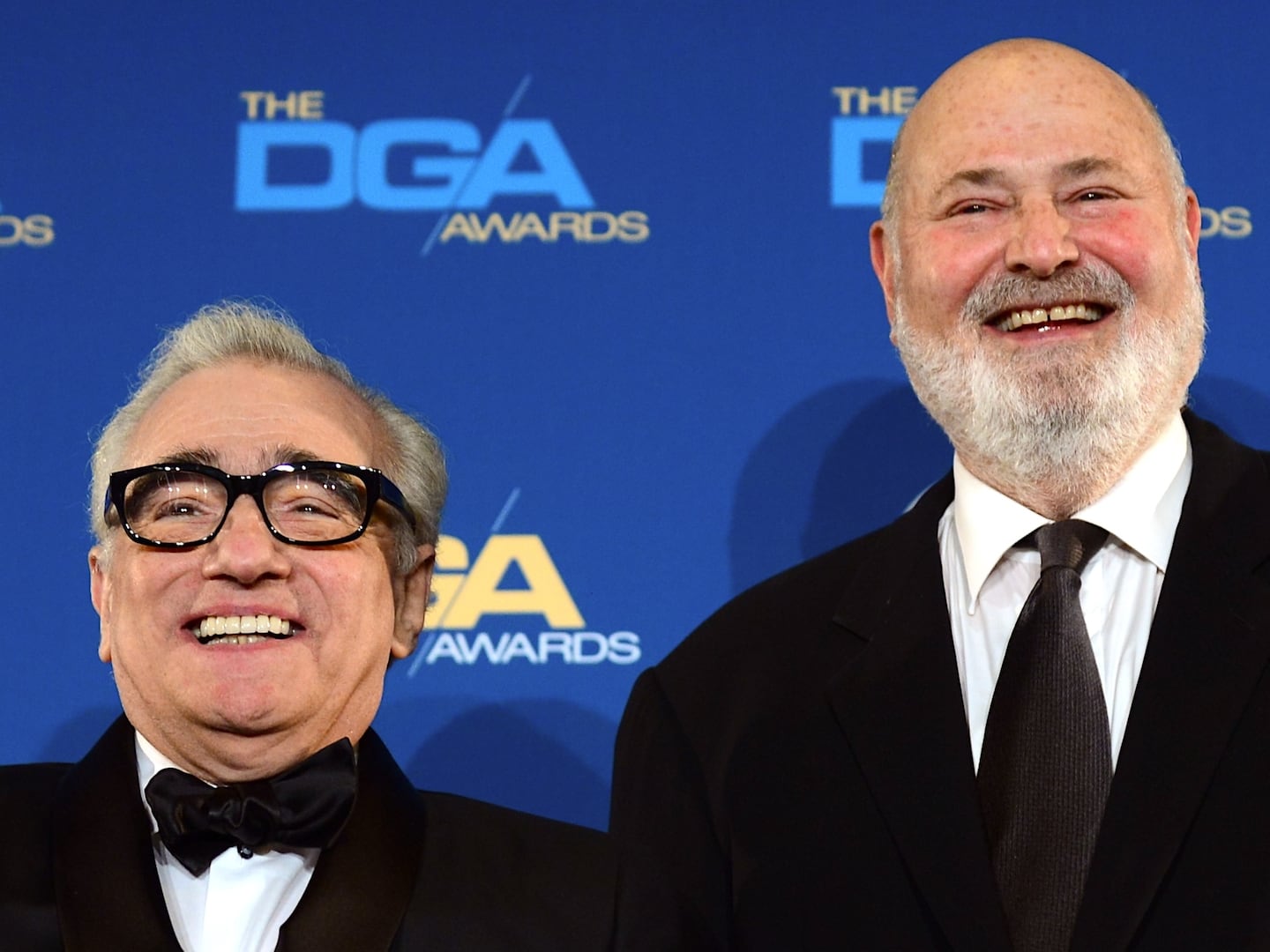Last year, HBOMax’s Sex and The City reboot …And Just Like That proved the limits of chronically revisiting a set of characters introduced to pop culture nearly 30 years ago. The best you can hope for is some meaty performances, lawl-worthy memes, or a new development viewers can eagerly cast disdain upon. (Who can forget when national nightmare Che Diaz first landed on our television screens?)
These endeavors are often inessential. Rarely do they have any impact on fans’ original perspectives on the characters they fell in love with years ago. Nor do they rise above the pejorative categorization “non-canon.”
The 1999 film The Best Man has not been unearthed as many times as Sex and The City. We’ve only observed the story arcs of Harper Stewart (Taye Diggs) and his crew of college friends in the original film and a sequel in 2013. However, there’s a similar sense of “why are we here?” permeating the film’s new television reboot The Best Man: The Final Chapters, premiering on Peacock on December 22.
The limited series arguably has more of a reason to exist than most reboots, given The Best Man Holiday ended on the surprise announcement that playboy/hotel-chain heir Quentin (Terrence Howard) was getting married. We also haven’t been beaten over the head with The Best Man’s iconography—unless you’re hearing Candy’s 1986 song “Cameo” at a wedding maybe. (This is probably because the film is primarily enjoyed by Black audiences.)

That being said, there’s a wealth of thematic territory and character growth this reboot could venture into. And yet, there’s a frustrating lack of imagination, resulting in a pretty nonchalant conclusion.
After recaps of The Best Man and The Best Man Holiday, we catch up with lead protagonist Harper, who’s in the midst of a speaking tour and writing another novel when his agent delivers the news that “Hollywood” wants to adapt his book, Unfinished Business, into a movie. (This opportunity feels slightly odd after 23 years, but I digress).
Harper is understandably hesitant to see his semi-autobiographical work on-screen, given that the novel was not-so-subtly based on Harper’s group of friends and included the revelation that he slept with Mia while she was dating his best friend Lance (Morris Chestnut). Eventually, he agrees to the idea, creating a divide between him and his wife Robyn (Sanaa Lathan), who feels like their lives are becoming too bougie and extravagant.
Similarly, the rest of the bunch are either living comfortably or dealing with relatively inconsequential and easily reconcilable issues. Jordan (Nia Long) is still as characteristically career-driven (and single) as we’re used to seeing her. But now, she’s facing accusations on social media that she’s some sort of sellout. Shelby (Melissa de Sousa) is still a Real Housewife, grappling with Quentin’s new relationship and looking to expand her career.
Murch (Harold Perrineau) and Candy (Regina Hall) are the Black Bill and Melinda Gates, opening schools and winning philanthropy awards. On top of bickering with Harper about which brownstones they want to purchase, Robyn has started a meal service company. After announcing that he was engaged 12 years ago, Quentin is finally getting married to a renowned model/singer named Xiomara Amani (Nicole Ari Parker) while also managing his recurring feelings for Shelby.
Maybe the most curious thing about this time jump is Lance’s crippling depression over Mia (who died of cancer in The Best Man Holiday), which is only alleviated by the company of sex workers. While grief can linger for a long time, it’s somewhat strange that this insanely attractive man feels that he’ll never be able to find another woman to replace his deceased spouse, who, in the original film, he mostly seemed to value for her submissiveness and loyalty despite his cheating.

The plot is mostly played for laughs and doesn’t feel representative of someone might actually grapple with a loss. However, it does provide many opportunities for Lance to vividly describe how much he loves strippers’ ass cheeks. This sort of unfiltered, locker-room talk is the only time the series feels authentic.
If you had the unfortunate fate of watching Space Jam Legacy, you already know that director and writer Malcolm D. Lee’s ability to craft a story has not improved over the past 23 years. Not that Lee, who indulges in the broadest of broad humor, has ever had a sharp pen or made particularly nuanced films on par with some of his cousin’s. He’s often relied on his ability to wrangle a dynamic cast of performers, as was the case with Girls Trip, who bring their own charm, depth, and improvisational skills to a script. In the case of The Best Man: The Final Chapters—which has several female co-writers in an effort to make it more inclusive—this strategy just isn’t enough.
Lee’s characters still speak to each other like AI robots, communicating in oddly well-constructed sentences. The 52-year-old director struggles equally to weave exposition into dialogue—which is especially painful in the case of a reboot. This creates a lot of stilted conversations between people who should be extremely comfortable with one another.

Unfortunately, these poor scripts end up inhibiting the cast. This is especially frustrating in the case of Hall, who has grown into a dynamic actress since her introduction in the first film. But her comedic timing can’t rescue the boring gags she's given. On a positive note, Howard is still able to infuse Q with all of his… Terrence Howard-ness. And Long makes a character whose personality is still “Shrew With Corporate Job” feel human.
The limited series is exhausting for the same reasons The Best Man is not really a “good” movie—only, this time, expanded over eight hours. The original film was a fun and funny depiction of male stupidity. (Writing a book about how you had sex with your best friend’s fiancee is peak himbo behavior). It’s a classic piece of dude cinema with a gorgeous cast and palpable chemistry between characters. The sequel is not great either. While the dramatic elements seemed to move audiences, I found it to be rather tedious.
Ultimately, the Best Man reboot’s biggest crime is being dull, vacillating between a snoozy soap opera and a corny CBS sitcom. Part of the appeal of the original film was that it represented young Black people as career-driven and financially successful in an era rife with so-called “hood movies.” However, this franchise is so preoccupied with the affluence of its characters that it’s hard to understand the stakes in their lives, even when they undergo major changes. Additionally, the group’s interpersonal drama is depicted so broadly—like Harper and Robyn’s issues—that it's hard to glean anything new or insightful about marriage, friendship, or gender dynamics from them.
Overall, it seems like the series is afraid of taking risks with its characters and their picture-perfect lives–with the expectation of a new development regarding Lance’s family. You’re mostly just watching straight, upwardly mobile Black people deal with their straight-people problems and continue to be upwardly mobile. This may have felt exciting and even groundbreaking 23 years ago. But in 2022, this once-amusing story has completely gone stale.

